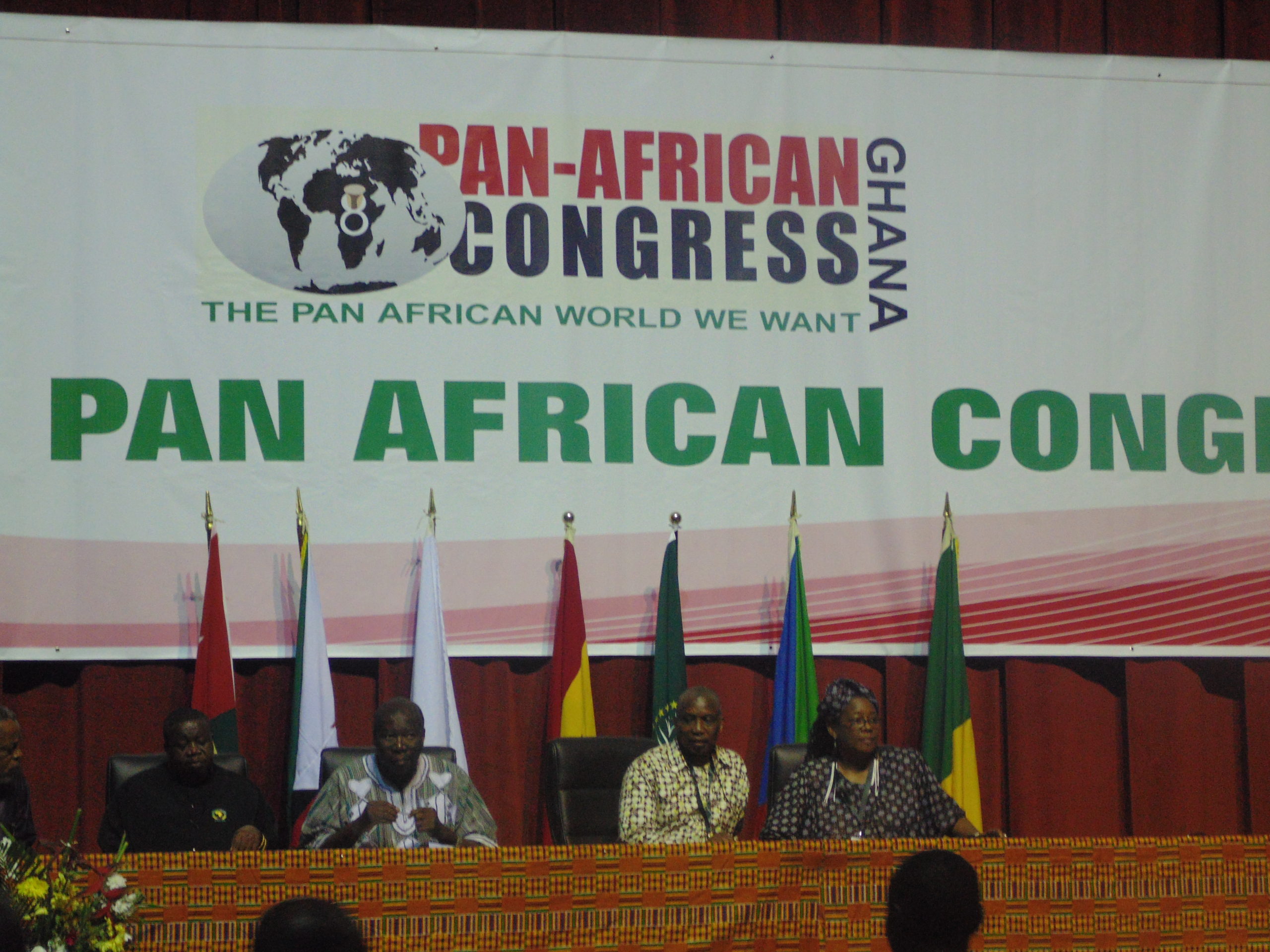The Global Pan African Congress, North American delegation joins the world to condemn the United States Supreme Court’s ruling in Student for Fair Admission, Inc. v. President and Fellows of Harvard College and Student for Fair Admissions, Inc. v. University of North Carolina et al. The SCOTUS ruled that the use of race in college admissions is a violation of the Equal Protection Clause of the Fourteenth Amendment. However, this decision is a threat to Black students and the higher education curriculum. On a grand scale, the decision is an assault on the very limited victories of the Civil Rights Movement.
The SCOTUS decision is a detrimental blow to the 1954 Brown v. Board of Education ruling which overturned Plessy v. Ferguson, declaring that racial discrimination in public education constitutes a violation of the United States Constitution. Furthermore, the SCOTUS decision disregards the progress made in Grutter v. Bollinger in 2003 which recognized that neither US society nor its Constitution is colorblind. We at GPAM recognize that the US Constitution is not the colorblind document that the recent decision (6-3) is attempting to prove to the world. Recognizing the effects of structural racism that prevent Black and Hispanic students from achieving higher education, the Court ruled that race could be used as a “plus,” not as the sole determinant of a student’s college admission eligibility. Not only was this a win for campus diversity, but it was also a victory for students who did not go to private schools with college prep courses or have the privilege of legacy admission. Rather than seeking ways to cement such wins, SCOTUS continues its dismantling projects in service of white supremacy while packaging it as “racial equality.”
It is crucial to note that the SCOTUS decision did not come out of a vacuum. The Court has been on a fast and steady track to hold hostage progress made by non-white communities that challenges the racist foundation and the various manifestations of twenty-first-century white supremacy in the United States of America. The 2016 and 2022 presidential elections exposed the attack on voting rights while recent book bans are evidence of the white supremacy attack on higher education.
Rather than being discouraged, this decision should ignite a spirit of courage and resistance in students, academics, and those fighting and organizing for justice both in and outside the United States of America. We must remain on the defense because as this recent decision proves, white supremacy is on the offense.


